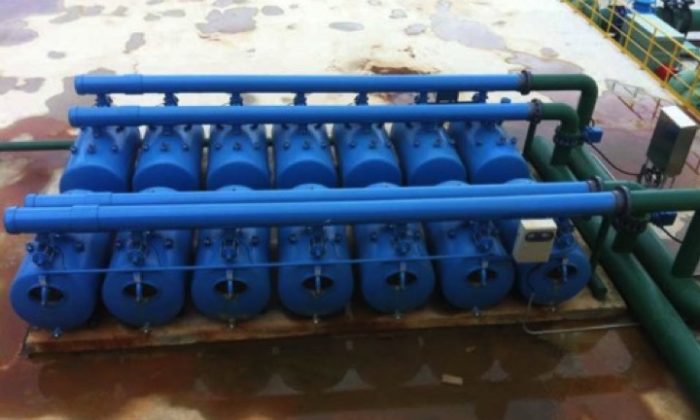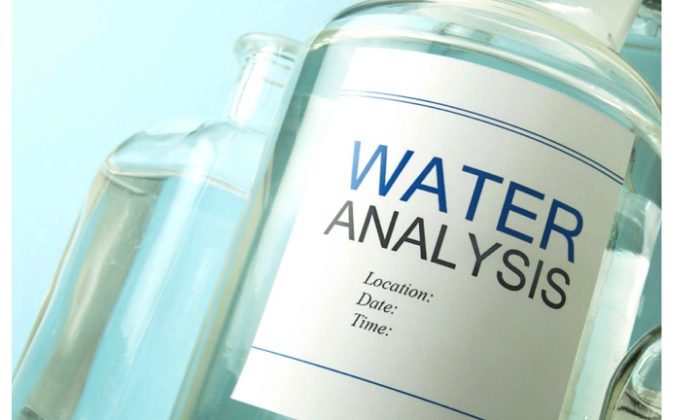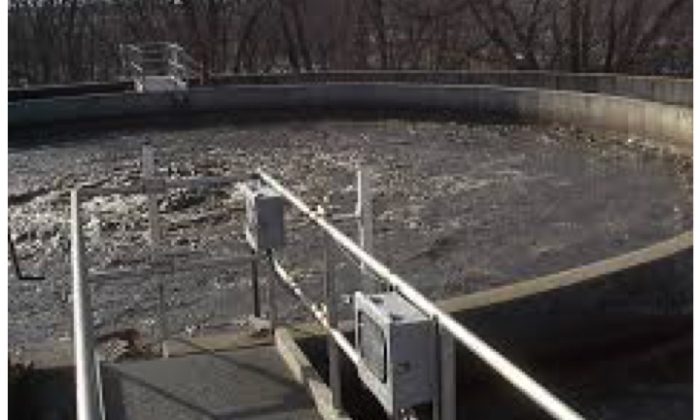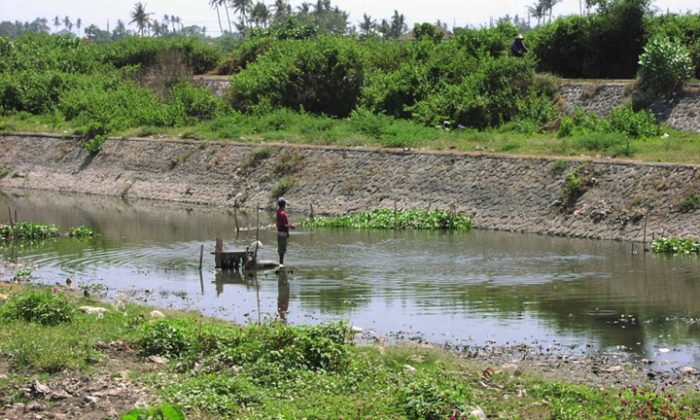Visits: 894

While industrial waste water treatment is essential from a compliance perspective, it is even more important from the standpoint of social and environmental responsibility. This is especially true in countries where there is a weak or lack of environmental protection enforcement.
Water can be a subject for potential political conflict in regions with shared body of water or waterways. In some regions, the trans-state river is the main source of renewable water supplies. Communities downstream of rivers rely on its flow for municipal and agricultural purposes.
The process of wastewater to stay within regulated discharge limits of local regulations can be difficult, especially in industries generating very high Chemical Oxygen Demand (COD) and grease/oil in its effluent. Redesign and reconstruction of waste water treatment plants are tough economic decisions that will affect production schedules and requires capital investment. Some industries may also face restriction in land space available for the project.
Wastewater Treatment
In one of our projects, a wastewater treatment plant handles about 480m3/h of industrial effluent. Coagulant, flocculant and polymer were used to contain COD. Wastewater is further diluted before discharged into the sewage systems. This resulted in excessive chemical usage and water wastage to meet compliance.
After 1 month of KEPD installation,
- Effluent SS discharge:<10mg/L
- COD: <50mg/L, regulatory requirement - 80mg/L
- Reduction of coagulants and chemical usage by 35%
- No requirement of fresh water to dilute the effluent for discharge
Oily Wastewater Treatment
KEPD Filtration System is one of the few filtration systems in the world with high tolerance for oil. Common problems associated with oil in sand filters are reduced porosity, clogging of filter media and high operating cost. In some cases, this may even translates to revenue loss.
In one of our oily wastewater treatment installations, our customer collects and treats marine slop, sludge, CHT / grey water, perished cargo and garbage. The bulk of their waste water comes from de-slopping or collection of slob oil, bilge oil, sludge and other oily waste.
KEPD filters are deployed in the polishing stage after CAF, DAF and clarifier. Unlike conventional filtration systems, KEPD filters’ unique design and backwash methodology allowed uninterrupted operations during spikes and unforeseen situations.




